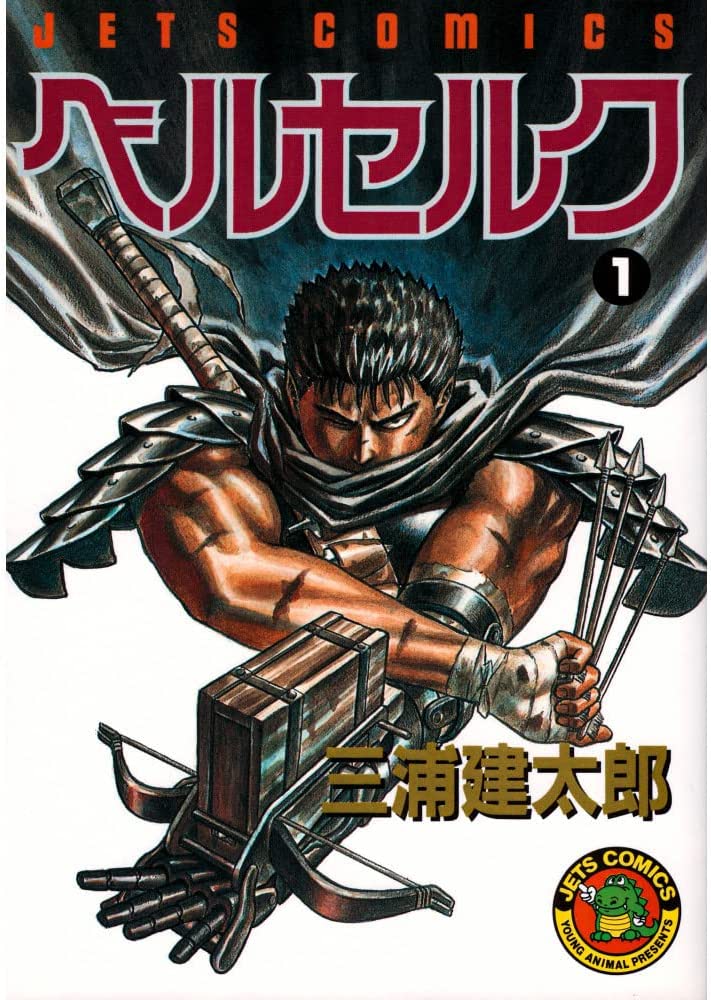As requested here, starting Sunday, March 5—please begin posting your VOLUME 1 impressions! We'll discuss it here all month long.

To guide your review, try to include some of these things:
@Bubby
@Imperivm97
@Judo
@Munch4Casca
Volume 2's re-read will begin April 2!

To guide your review, try to include some of these things:
- What stuck out to you?
- Context for the big picture?
- What impressed you about how Miura revealed something or portrayed something?
- Any new discoveries for you?
@Bubby
@Imperivm97
@Judo
@Munch4Casca
Volume 2's re-read will begin April 2!
Last edited:


 Plus, Guts does fight humans a bunch throughout this volume (the Cobra apostle's thugs, then the Count's soldiers).
Plus, Guts does fight humans a bunch throughout this volume (the Cobra apostle's thugs, then the Count's soldiers).